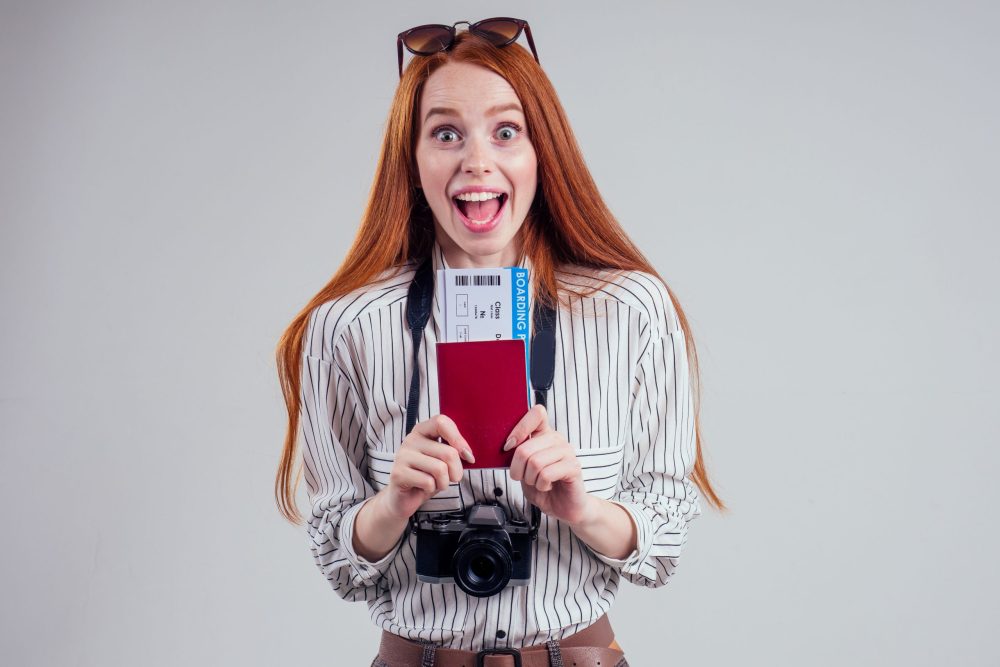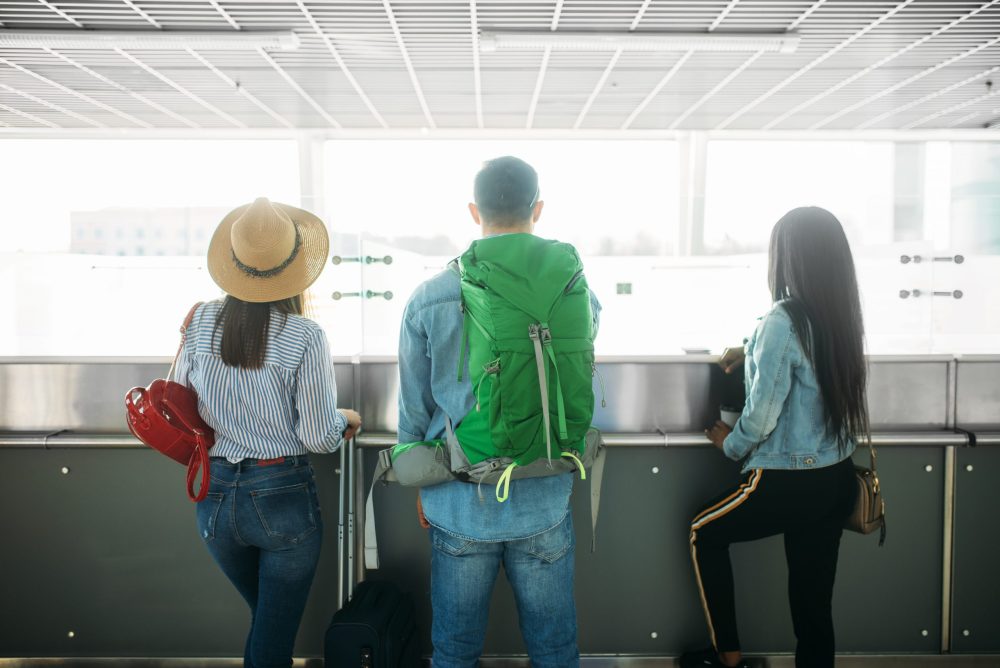Several foreign films have been filmed in Vietnam in the past. These include Hollywood Box Office Hits like Tomorrow Never Dies and Kong: Skull Island.

If you are working with the press and you are planning to visit Vietnam, there are lots of things you need to know about. First of all, you need to know that there’s media censorship in Vietnam, as implemented by Vietnam’s Communist Party. This applies to all sorts of media, from press, television, literature, music, works of art, the Internet, and television.
But this does not mean that everyone who works for the press will be banned from entering the country. You can still enter Vietnam with no issues for as long as you apply for a Vietnamese press visa. So here’s everything you need to know about this.
There are agencies in Vietnam that can help you apply for a Vietnamese press visa. You can contact them online and inform them of your intention to enter the country. Before you will arrive in Vietnam, the agency will work closely with Vietnam’s Immigration Dept., through the Ministry of Public Security. They will facilitate the processing of the Vietnamese press visa, which includes the visa of the journalist and the filming crew.
In addition, the agency will also work with the airport customs officials to issue a clearance for your media equipment. Once the Vietnam Immigration approves the visa, they will send a journalist visa approval letter to the agency. The agency will then forward the letter to your email.
Make sure you print the approval letter because this is what you need to show at the Vietnam embassy in your respective country to claim your visa. Aside from claiming the visa at the embassy, it’s also possible to claim the visa from the airport of Vietnam upon your arrival. It will be a sticker visa that will be attached to one of the pages of your passport.
The type of visa that the Vietnam Immigration will issue to those who are working for the press is known as the Vietnamese Journalist Visa. This visa will be issued along with the film permit and both the visa and the permit will have the same period of validity. On top of the validity period, there will be an additional two days that will be given for your arrival and departure.
So when booking your flight to Vietnam, make sure you schedule it to arrive on time for your visa’s validity. When claiming your visa, you will be asked to pay for the stamping fee. If you have opted to claim your visa on arrival, make sure you bring with you some cash since they won’t accept card payment. It should cost around $25 per person although this will usually depend on your nationality. You can pay in USD currency or in Vietnam Dong. There should be an ATM at the airport where you can withdraw money from just in case you don’t have enough cash with you.
Vietnam offers visa exemption to citizens of certain countries. So if you came from any of these countries, there’s no longer a need for you to apply for a Vietnamese press visa. Here’s a list of those countries with visa exemption for Vietnam.
If you are holding a passport from any of the countries above, then you can enjoy visa-free entry to Vietnam. But take note that your stay is only limited to 15 days. If you plan on staying more than that, then you must apply for a visa.
Vietnam is a totally safe country to visit, whether you’re a journalist or not. But here are some useful tips to keep in mind.

Several foreign films have been filmed in Vietnam in the past. These include Hollywood Box Office Hits like Tomorrow Never Dies and Kong: Skull Island.

If you want to extend your Vietnam tourist visa, please see price below Your current visa Ext. 15 days Ext.

One of the most important travel requirements that a foreigner must prepare before flying into Vietnam is the visa. Nowadays, there are plenty of ways to apply for a visa to Vietnam.

This article is about to give you an idea on how to apply online to request for Visa On Arrival & How to pick up your visa on arrival when you arrive. Before making your visa application, please make sure your passport still valid for at least 6 months with 2 blank pages.

This article is about to provide guidelines on how to make e-visa application online through government website and commercial website. Before making Vietnam E-Visa Application, you are advised to have a scanned copy of your passport’s bio page (Sample for passport’s bio page) and a digital photo of your face (Photo guide).

Traveling to Vietnam is fun if you have your kids in tow! Vietnam is a family-friendly country with plenty of activities for both adults and kids to enjoy. In Vietnam, you can take your kids to go swimming at the beach or hike the terraced mountains of Sapa.

When applying for a visa to Vietnam, there are two types of visa that you’ll come across – the e-visa and Visa on Arrival. To compare Vietnam e-visa vs visa on arrival, you need to figure out what their pros and cons are.